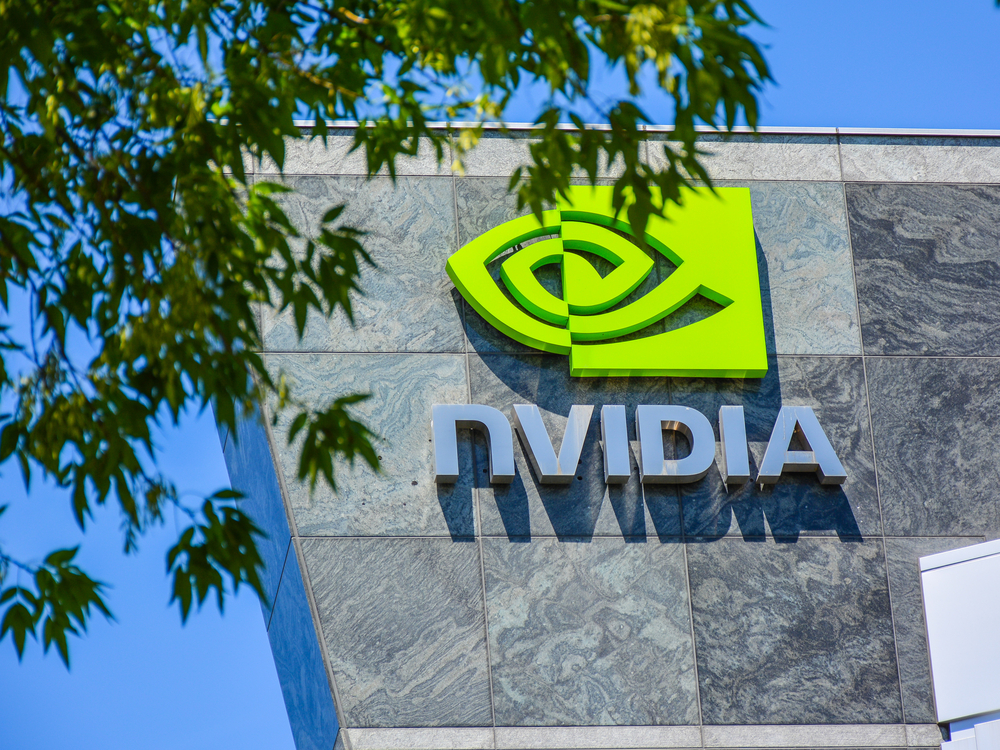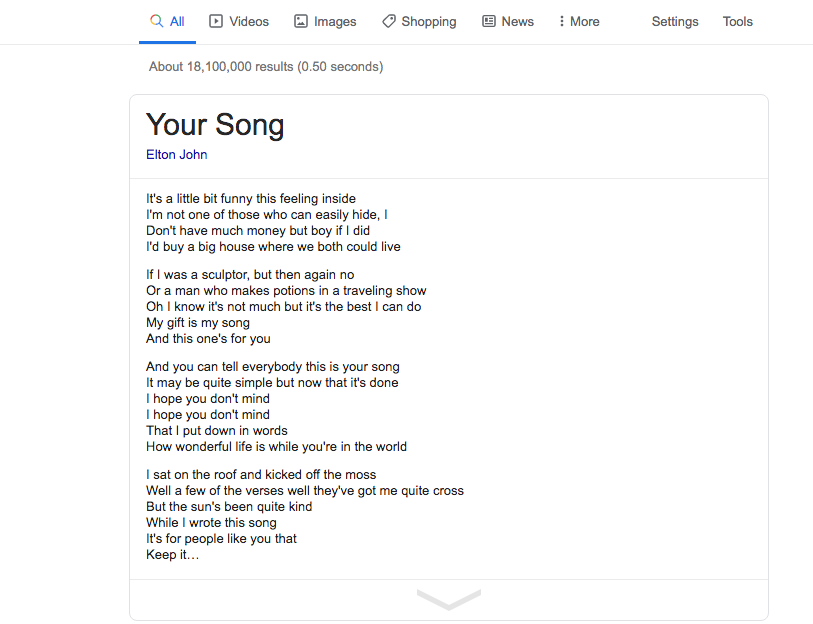How to protect your company from leaked trade secrets
It’s more important than ever to protect your IP, warns Clare Hopping.


Earlier this year, three HTC employees were arrested for stealing trade secrets, accused of taking design ideas to a new business venture directly in competition with the manufacturer.
US soldier Bradley Manning and CIA/NSA employee Edward Snowden have also revealed confidential information to the press, leading to Manning being imprisoned and dishonourably discharged from the military and Snowden seeking asylum in Russia to prevent imprisonment.
The impact data thefthas on businesses can be devastating.
Although a company may not be able to act until after the information is stolen, there are ways to prevent it and limit the damage.
As such, it's more important than ever to ensure your company's confidential information is protected.
The impact data thefthas on businesses can be devastating. For example, customer databases are often stolen by employees and then usedto start up newbusinesses which are then able to compete on a level footing without having to invest any time or moneybuildingand developing a database of its own.
Wayne Beynon and Richard Stephens, IP lawyers at Capital Law, explain that many businesses are unaware of the value of their intangible assets.The lawyers said these assets may include intellectual property rights, confidential information and trade secrets such as formulas or processes, contact and customer lists, or data.
Given the value of those intangible assets, it makes sense to adopt a pro-active approach to protect them.This includes putting in place policies, procedures and contracts that prevent or deter employees from using a company's information themselves or disclosing it to third parties.
Get the ITPro daily newsletter
Sign up today and you will receive a free copy of our Future Focus 2025 report - the leading guidance on AI, cybersecurity and other IT challenges as per 700+ senior executives
Often, businesses fail to do this in the mistaken belief that their employees will not steal or leak information outside of the business. Only upon discovering data theft or leakage has happened, is action considered necessary and by this stage of course, it is usually too late to take such action.
There are four categories of business information identified by law and each has different levels at which it can and should be protected.
Trade secrets can be protected both during and after employment by an implied duty of confidentiality, even if there is not an express covenant in an employment contract.Trade secrets may include secret processes of manufacture such as chemical formula, designs or special methods of construction. This is what the HTC employees were arrested for not complying with.
Confidential information is information that a company tells an employee is confidential or it is obvious that it is confidential. Employees must not use or disclose this while their employment continues and must do so in the best interests of the company.After termination they are not bound by this obligation unless they are contractual obliged to do so under confidentiality undertakings in their employment contract. An employer can ensure an employee adheres to this by ensuring confidential information is protected in either their starting contract or leaving contract.
Although Manning and Snowden weren't involved with leaking trade secrets, the information they did reveal was confidential information.
Information that amounts to skill and knowledge of the employee refers to information that belongs to the employee and as such, it can be used as the employee wishes this means it can be transferred to a new company if the employee so wishes.
The final type of information a company can hold is public information that cannot be protected because it is already available in the open arena.
"The easewith which employees can access, use and discloseconfidential information will often depend on the security measures, policies and procedures that a company has in place," said the lawyers.
"If information of a sensitive and commercial nature is readily accessible andemployees it is all too easy for them to copy that information onto a memory stick, email it to a personal email address or simply print hard copies at the office," they explained.
Bob Tarzey, service director at analyst firm Quocirca, agrees that trade secrets are simple to steal'.
"It is easy enough [to steal trade secrets]but if someone wants to steal their employees equivalent of the 'recipe for coke,' a printed sheet slipped in book is easier enough or just memorise it," he says.
"The point often overlooked is that trade secrets are often not that useful when you turn up at the next employer, if it was shown that a competitor had benefited from using stolen secrets it would damage their reputation or they may fall foul of an industry regulation, for example Formula 1 bans teams that are shown to have stolen secrets bought to them be engineers swapping teams."
If an employee does steal trade secrets, an employer can sue them under breach of contract, presuming the contract is clear on this in the first place.

Clare is the founder of Blue Cactus Digital, a digital marketing company that helps ethical and sustainability-focused businesses grow their customer base.
Prior to becoming a marketer, Clare was a journalist, working at a range of mobile device-focused outlets including Know Your Mobile before moving into freelance life.
As a freelance writer, she drew on her expertise in mobility to write features and guides for ITPro, as well as regularly writing news stories on a wide range of topics.
-
 Global cybersecurity spending is set to rise 12% in 2025 – here are the industries ramping up investment
Global cybersecurity spending is set to rise 12% in 2025 – here are the industries ramping up investmentNews Global cybersecurity spending is expected to surge this year, fueled by escalating state-sponsored threats and the rise of generative AI, according to new analysis from IDC.
By Ross Kelly Published
-
 Google Cloud is leaning on all its strengths to support enterprise AI
Google Cloud is leaning on all its strengths to support enterprise AIAnalysis Google Cloud made a big statement at its annual conference last week, staking its claim as the go-to provider for enterprise AI adoption.
By Rory Bathgate Published
-
 MI5 and FBI warn businesses over mass Chinese IP theft
MI5 and FBI warn businesses over mass Chinese IP theftNews The security services urged organisations to consolidate security practices and approach Chinese business relationships with caution
By Rory Bathgate Published
-
 IBM sues LzLabs for alleged patent infringement
IBM sues LzLabs for alleged patent infringementNews The Swiss-based company is also alleged to have swindled IBM's trade secrets to reap profits
By Praharsha Anand Published
-
 FTC sues to block Nvidia's Arm acquisition
FTC sues to block Nvidia's Arm acquisitionNews Deal for the UK-based chipmaker is now subject to an administrative trial in August 2022
By Bobby Hellard Published
-
 UK universities join forces to create startup investment group
UK universities join forces to create startup investment groupNews Leeds, Manchester and Sheffield universities form 'Northern Gritstone' to fund businesses borne from academic research
By Bobby Hellard Published
-
 UK watchdog says Facebook's Giphy acquisition may stifle competition
UK watchdog says Facebook's Giphy acquisition may stifle competitionNews The CMA says the deal may limit market access to a popular service
By Bobby Hellard Published
-
 Trump pardons convicted ex-Google engineer Levandowski
Trump pardons convicted ex-Google engineer LevandowskiNews Driverless car expert "grateful for the opportunity to move forward" after his 18-month prison sentence is nullified
By Bobby Hellard Published
-
 Ex-Uber exec accused of stealing IP secrets to found London tech startup
Ex-Uber exec accused of stealing IP secrets to found London tech startupNews Lawsuit claims former exec stole trade secrets from a US-based logistical firm
By Bobby Hellard Published
-
 Google caught 'red-handed' lifting lyrics data
Google caught 'red-handed' lifting lyrics dataNews The tech giant has denied any wrongdoing but Morse code hidden in song lyrics says otherwise
By Bobby Hellard Published